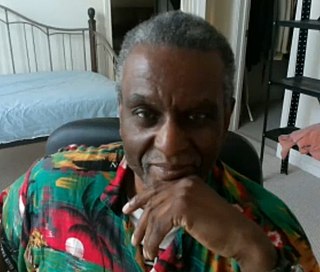A Quote by Amber Rudd
It is troubling that modern slavery is a crime that can be hidden in the supply chains of the goods and services we use every day. The uncomfortable reality is that the money we spend could be driving demand for slavery across the globe.
Related Quotes
As for slavery, there is no need for me to speak of its bad aspects. The only thing requiring explanation is the good side of slavery. I do not mean indirect slavery, the slavery of proletariat; I mean direct slavery, the slavery of the Blacks in Surinam, in Brazil, in the southern regions of North America. Direct slavery is as much the pivot upon which our present-day industrialism turns as are machinery, credit, etc. … Slavery is therefore an economic category of paramount importance.
In the era of slavery, you could be a so-called Afro-Cuban one day and a so-called Black American the next day, or vice versa. I mean there was all this back and forth, and there was a lot of opposition in Black America to slavery in Cuba in particular, because slavery in Cuba lasted until the 1880s.
More than 150 years after Lincoln's Emancipation Proclamation, slavery is illegal almost everywhere. But it is still not abolished - not even here, in the land of the free. On the contrary, there is a cancer of violence, a modern-day slavery growing in America by the day, in the very places where we live and work. It's called human trafficking.
Ben Skinner's brains and courage take us into the belly of the beast and expose the ugly truth of modern slavery. Instead of sensation, A Crime So Monstrous gives us desperately needed insight and analysis. This is an important book, the first deep look into America's confused relationship with human trafficking and slavery today. Skinner's balanced dissection of our government's haphazard policies will be controversial, but it can also be the foundation for a new anti-slavery agenda, one that ends the political games being played with the lives of slaves.































